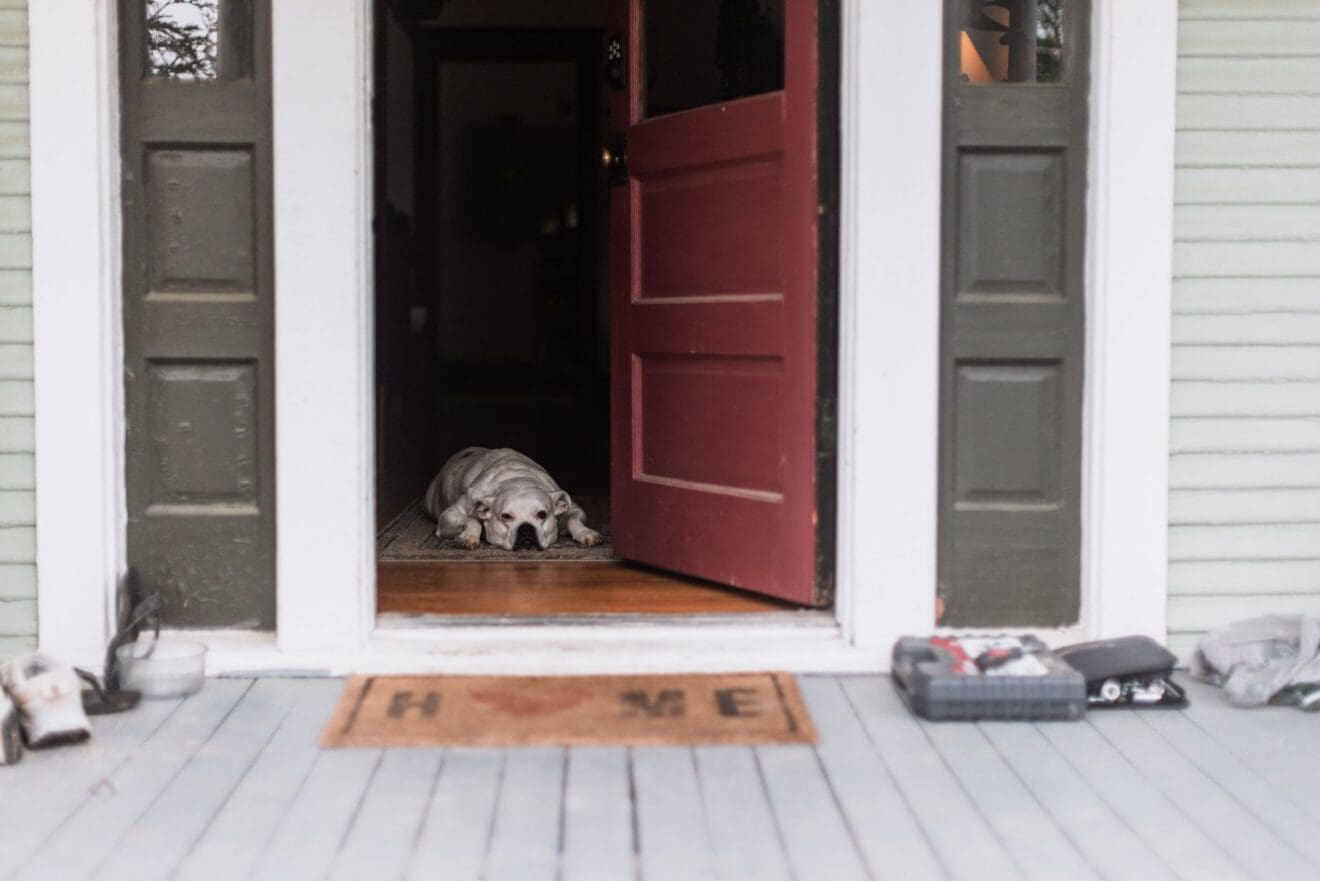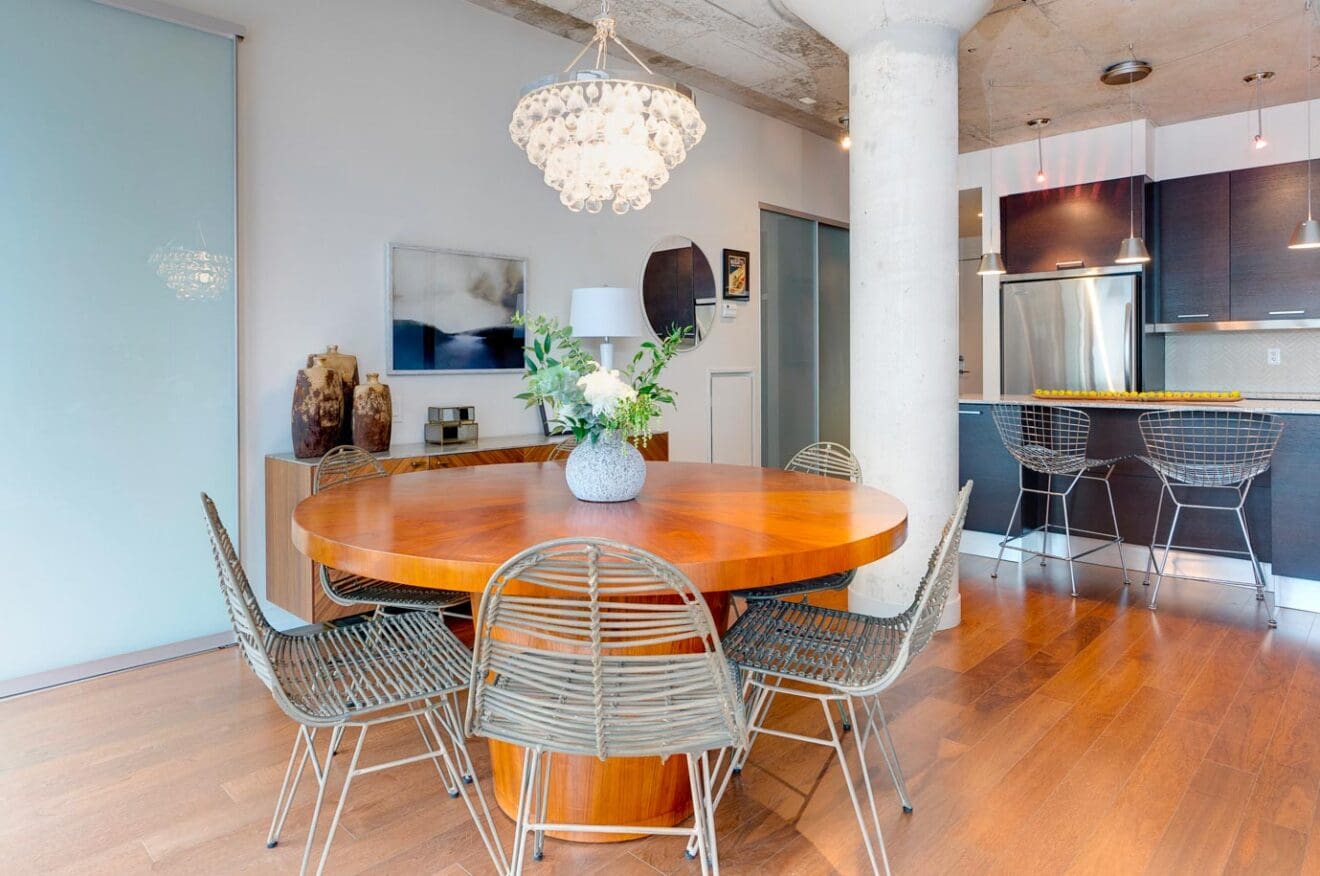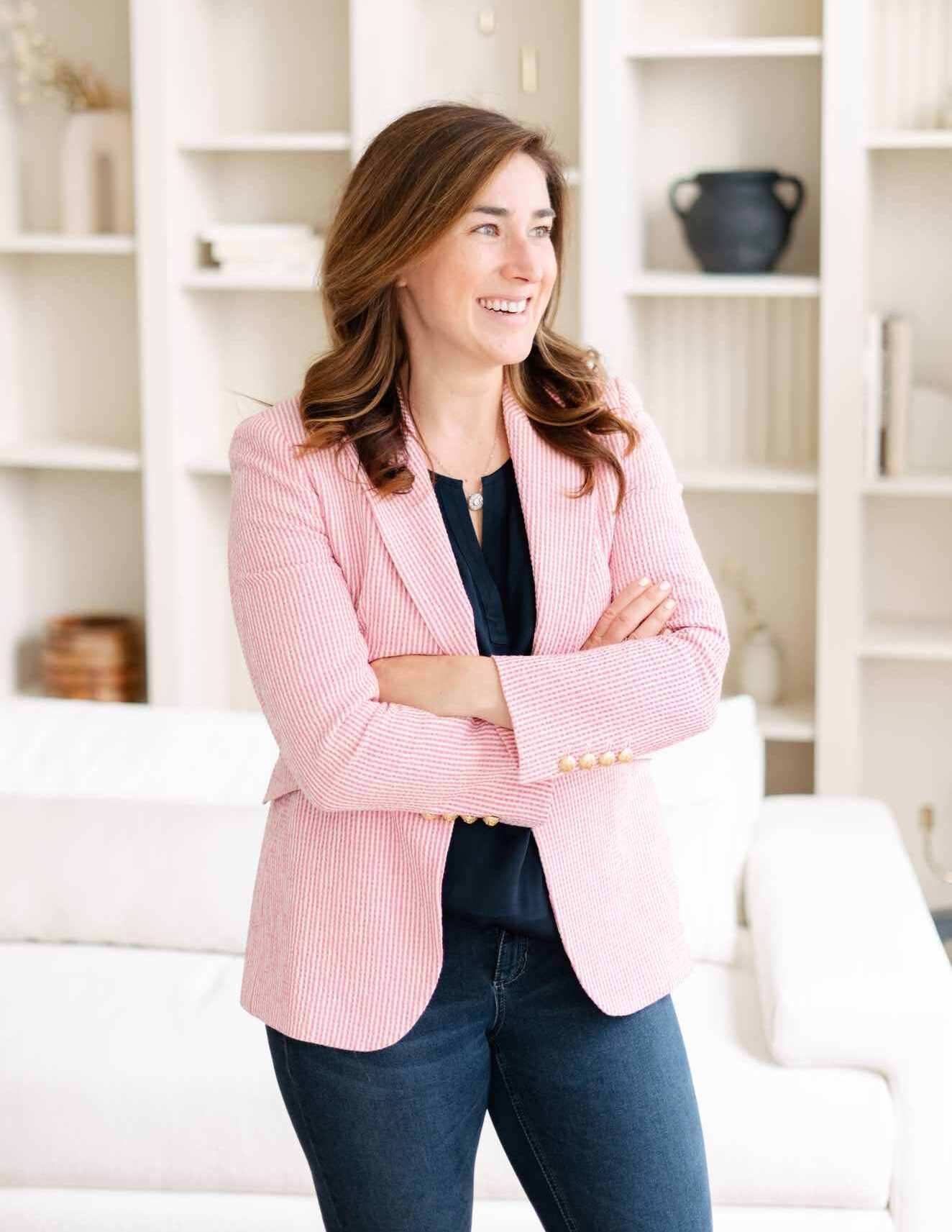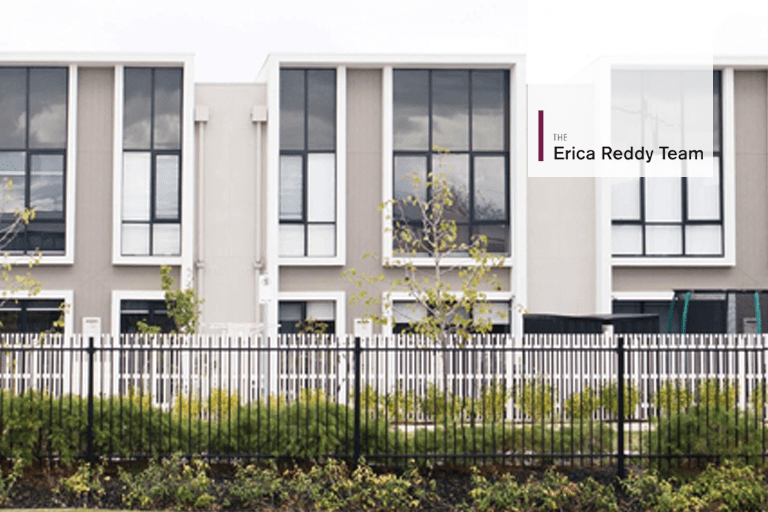
In late 2022, we saw housing prices and competition drop in Toronto as many potential buyers moved to the sidelines in response to rising interest rates. Now the pendulum seems to be moving back toward a seller’s market as people adjust to the idea of higher borrowing costs and are dipping their toes back into the market. Of course, none of this is unexpected. The demand for housing never goes away, especially in a highly desirable city like Toronto.
Competition is up, and listings are down, but there is still good news if you’re considering buying a new house.
How the Market Has Changed
Competition among buyers is nothing like what it was during the housing peak we experienced from 2020 to 2022. Back then, buying a house seemed nearly impossible unless you were incredibly lucky, had impeccable timing, or were very wealthy.
Higher interest rates were not welcome news by any means, but they did come with a bit of a silver lining. Housing prices dropped, and lower upfront costs reduced the barrier to entry for many people. How? Remember that the minimum deposit on a property over $1 million is 20%. But once the price falls below that threshold, the requirements become far less stringent. For example:
- You need at least $200,000 on a house valued at $1 million.
- If that price falls to $950,000, your minimum down payment becomes $70,000. (Here’s how that math breaks down: You need 5% on the first $500,000, which works out to $25,000. Then, you need 10% on the remaining $450,000, or $45,000. Your total down payment is $25,000 + $45,000 = $70,000.) In any case, your purchase is far more accessible even if interest rates are higher.
Searching for a new home always takes time and patience, but recent developments could make buying easier, especially for first-time buyers. Let’s take a look at some of the latest initiatives the government has put in place to help Canadian residents.
Do you want even more help when buying your first home? Accurate information will get you off to a good start:
- What You Need To Know About Buying A House In A Changing Market
- What is a Pre-Emptive Offer?
- How the Government is Helping First-Time Buyers in 2022
Vacant Home Tax
Owning a house in Toronto that sits vacant for six months or more out of the year could potentially become very expensive, thanks to this new law that came into effect in 2022. All homeowners must declare whether or not their property is occupied or vacant. If applicable, you could pay an annual tax of up to 1% of the value of your home.
This new tax is designed to increase the availability and affordability of both renting and buying a home. Will it work? Only time will tell, but it stands to reason that no property owner is happy about paying an additional six figures in tax every year. Some may decide to sell or rent out their properties, which will add to the badly needed supply. Any funds collected will also go towards affordable housing initiatives throughout the city.
Anti-Speculation Legislation
As of 2020, Statistics Canada estimated that one out of every five houses was owned by investors rather than occupants. Since then, that number has likely increased, which dwindles the supply of available listings and drives the prices up, especially on entry-level properties.
This increased competition from investors makes it especially difficult for a single person or first-time buyer to break into the market. The government has enacted several policies in an attempt to curb this trend, including:
- A ban on foreign investors: Beginning in January 2023, foreign investors are banned from purchasing residential properties containing three units or less. The idea is to make more houses available and affordable for Canadian citizens and permanent residents. Some exceptions will be made for temporary residents, refugees, and those purchasing property outside of a Census Metropolitan Area.
- Anti-flipping tax: House flipping can be a double-edged sword. On the one hand, it can increase the supply of move-in ready homes where few, if any, renovations or updates are needed. On the other hand, many investors were making minor cosmetic improvements and reselling the home at a substantial upcharge. The practice has also contributed to higher housing prices across the country. Under this new legislation, flipping houses will be far less profitable as 100% of the income is taxable when selling a property after owning it for less than 12 months.
Will these initiatives work? Opinions vary, but many experts believe that the ban on foreign investors will have minimal impact since non-residents own a small percentage of Canadian real estate to begin with.
Why buy in Toronto? Here are just a few things that make this city such an incredible place to live:
- These Toronto Neighbourhoods are Perfect for a Fresh Start
- Our Favourite Indoor Activities in the East End
- Hiking in the East End: Our Favourite All-Season Trails
First Home Savings Account
If you’ve been following the news, you may have heard about a new program called the FHSA (First Home Savings Account). This initiative allows you to put up to $40,000 aside to fund the purchase of your first home. In many ways, it’s similar to the existing HBP (Home Buyer’s Plan.) However, there are a few key differences:
The Home Buyer’s Plan allows you to withdraw up to $35,000 from your investments. With a limit of $40,000, the FHSA gives you access to more funds.
Unlike the HBP, you don’t have to repay any funds you use under the FHSA. Once you purchase your home, you simply close the account. If you have money left over, you can transfer it to other tax-sheltered investments or make a taxable withdrawal.
It is best to start as early as possible to maximize the FHSA. You can open your first account at 18 years old and contribute a maximum of $8,000 per year to the program, with a lifetime cap of $40,000. However, your earnings from the investment are not capped. The sooner you start saving, the more you can benefit from compound interest.
As a first-time buyer, you can take advantage of both the FHSA and Home Buyer’s Plan, which allows you to pull a maximum of $75,000 of tax-free savings toward your first home. Those looking to buy in the next year or two can benefit slightly from the FHSA.
However, if you are young and looking to buy in the next five to 10 years, the combination of the two programs can go a long way to helping you reach the enviable goal of owning your own home.
Are you ready to start the process of buying your first home? We are here to help you every step of the way. Reach out to us at erica@ericareddy.com or call 416.443.0300 for more information.

Meet The Erica Reddy Team
Find out how our specialized skill sets and extensive Toronto market expertise empower your real estate venture.






